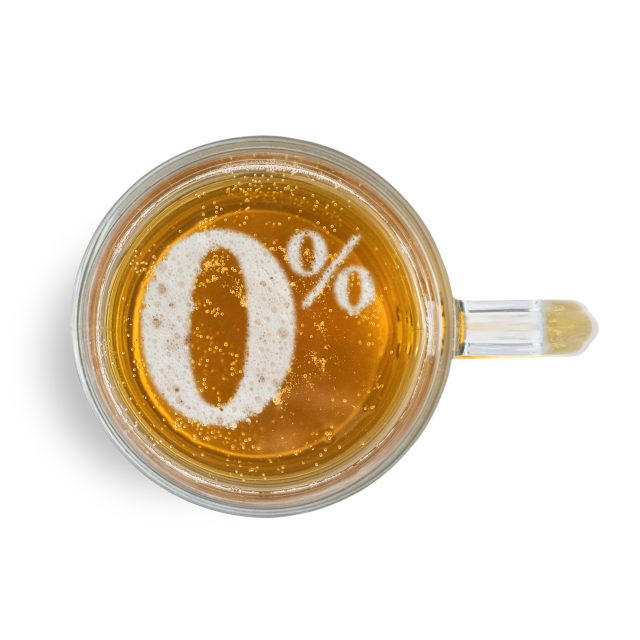This website uses cookies so that we can provide you with the best user experience possible. Cookie information is stored in your browser and performs functions such as recognising you when you return to our website and helping our team to understand which sections of the website you find most interesting and useful.
How non-alcoholic beer has become the entry-level pint
Next generation consumers are beginning with non-alcoholic beers before navigating their way through to other styles.
 Speaking exclusively to the drinks business, Kendal-based Bowness Bay Brewery brewer Keith George said: “I think, with a lot of the younger generation when they come in now, a lot of them are teetotal anyway, so the first beer style drink that they drink will tend to be a no-alcohol beer, which then gives them the benchmark for what to expect, really, from the rest of the drinks that they might consume in the future.”
Speaking exclusively to the drinks business, Kendal-based Bowness Bay Brewery brewer Keith George said: “I think, with a lot of the younger generation when they come in now, a lot of them are teetotal anyway, so the first beer style drink that they drink will tend to be a no-alcohol beer, which then gives them the benchmark for what to expect, really, from the rest of the drinks that they might consume in the future.”
George explained that “with current trends, particularly in the UK and US, people seem to be leaning towards low alcohol and alcohol free, so for a lot of the younger drinkers, this is the first thing they’re drinking”.
George observed how “they may not want to drink alcohol at all, perhaps ever” and so the beer industry needed to make a few decisions based on this insight and decide what kind of non-alcoholic variant they create.”
He stated that breweries need to ask: “Do we want to mimic a beer, or make a new product?’” But added that “at the moment, we’re aiming to mimic beers. And I think that’s the way I would prefer to go. Making ‘nearly beers’.”
George revealed that, at Bowness Bay, “the low and no market does really well” and told db that “the low alcohol beer that we do at the moment is 0.5% ABV and is our fastest-growing product”.
He added: “It’s not quite at the level of our bestselling product, but is the fastest-growing I think within the next couple of years, we could be almost on par with the rest of our core range. It certainly outsells a lot of our core range.”
The non-alcoholic beer category will continue to grow “substantially” over the next decade according to new data from Allied Market Research. Arsenal FC recently named Athletic Brewing Company as the club’s first ever alcohol-free beer partner for both its men’s and women’s teams, showing steps are being taken in this direction. The trend is spanning the globe too, with new figures also showing an significant increase in the sales of non-alcoholic beer in Germany across the last decade. Plus, last year, Diageo revealed plans to increase Guinness 0.0 production by almost 300% following a €25 million (US$27.2m) investment into its St. James’s Gate site marking the trend for zero alcohol beer as a drink with longevity within the sector.
Related news
Should the drinks trade be worried about a self check-out ban?

